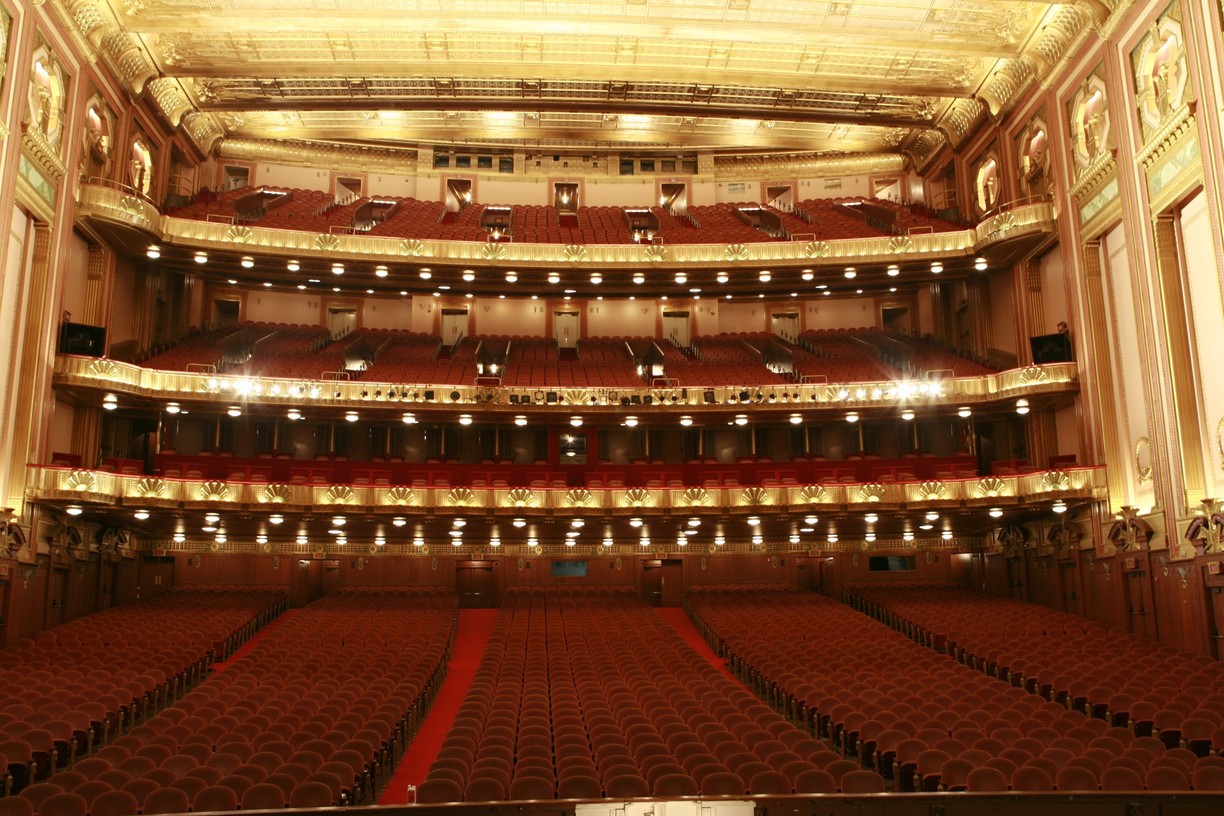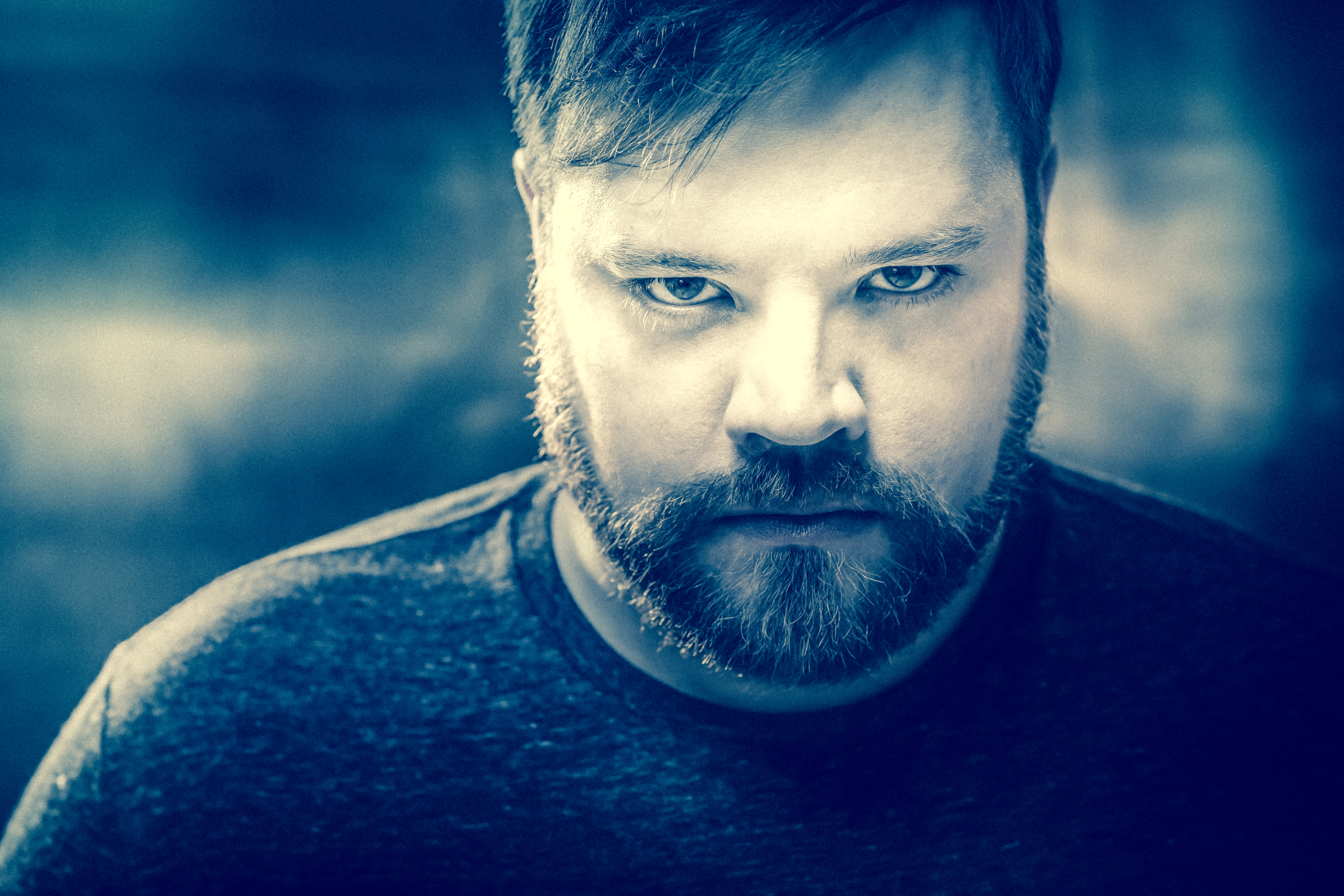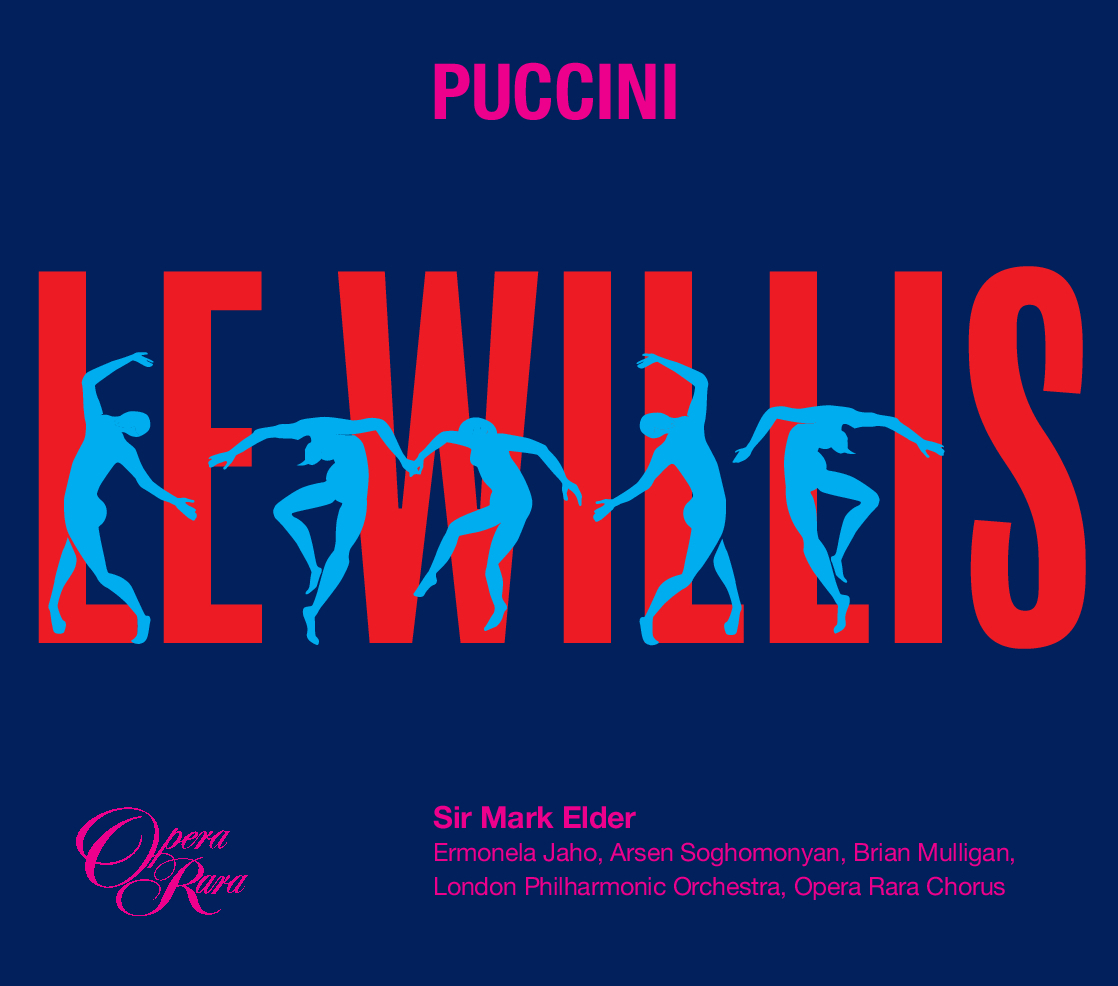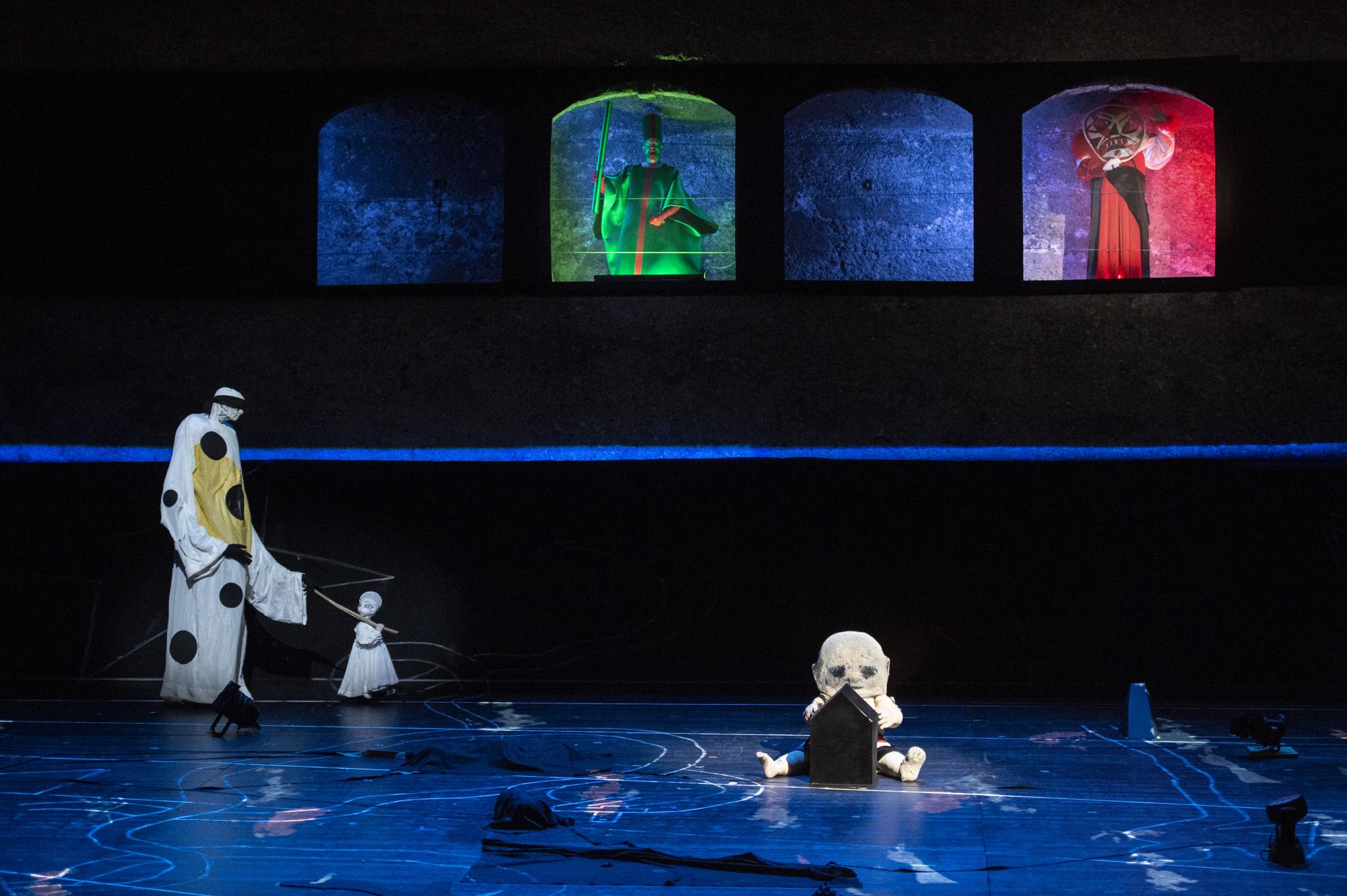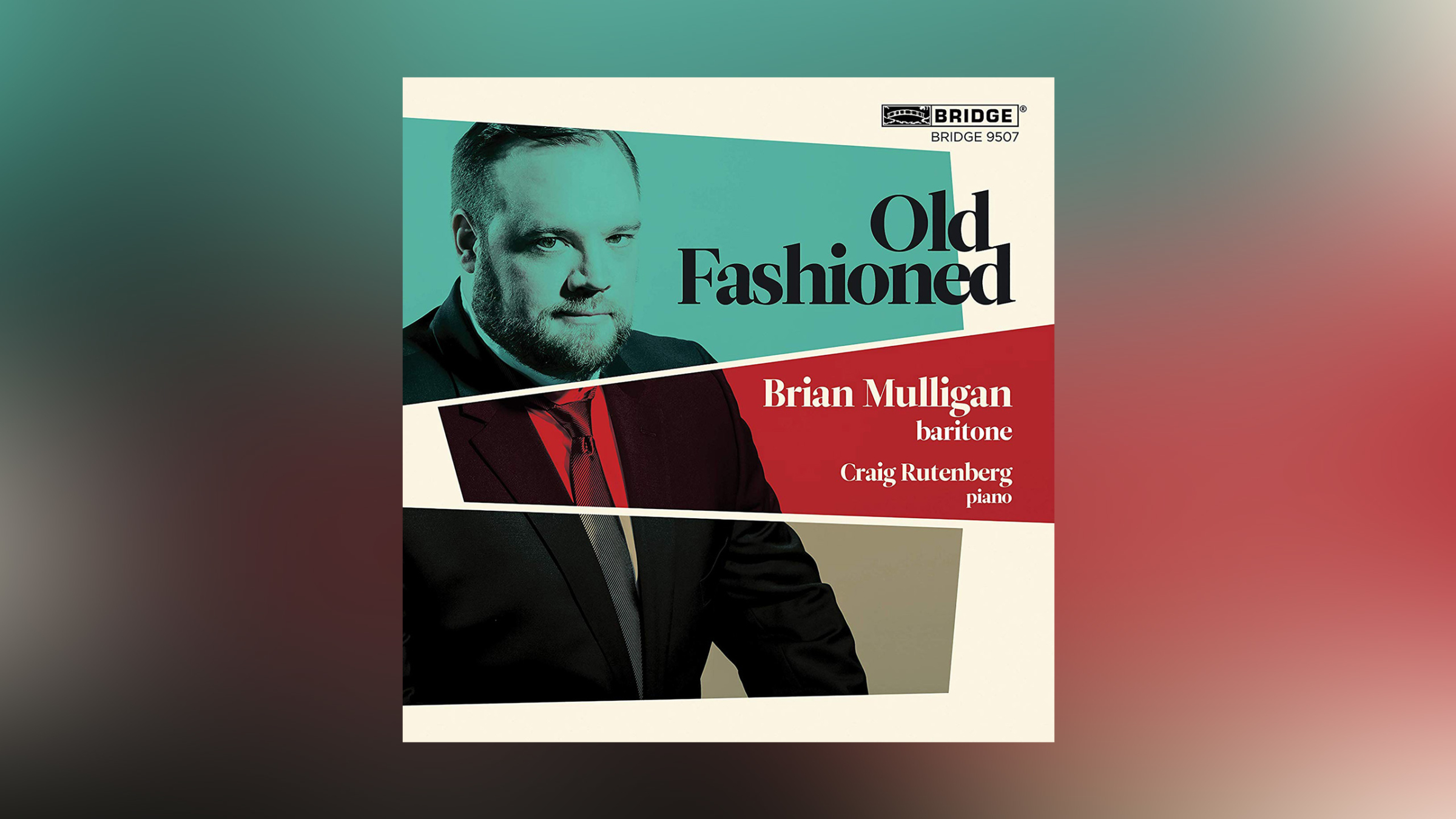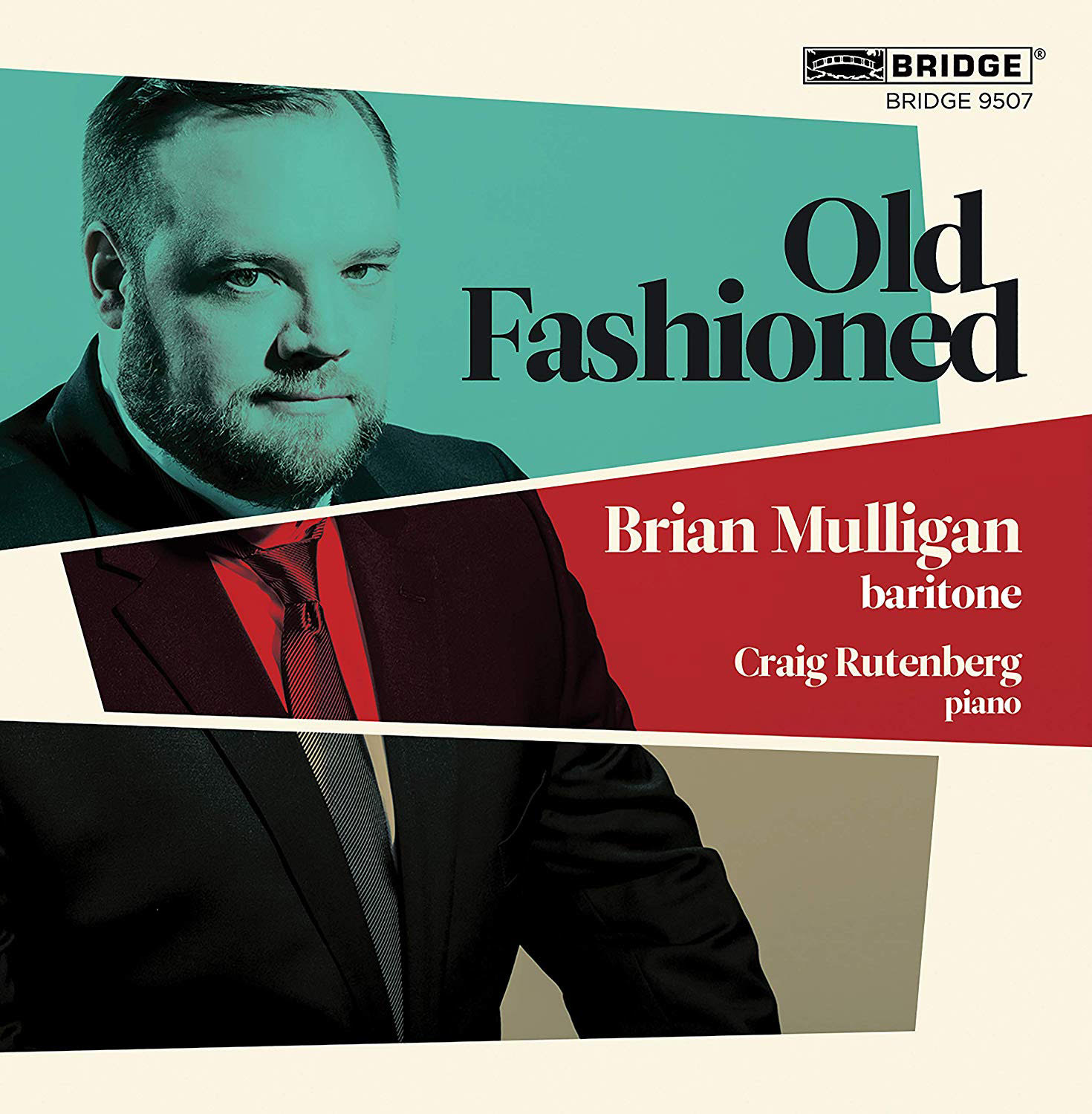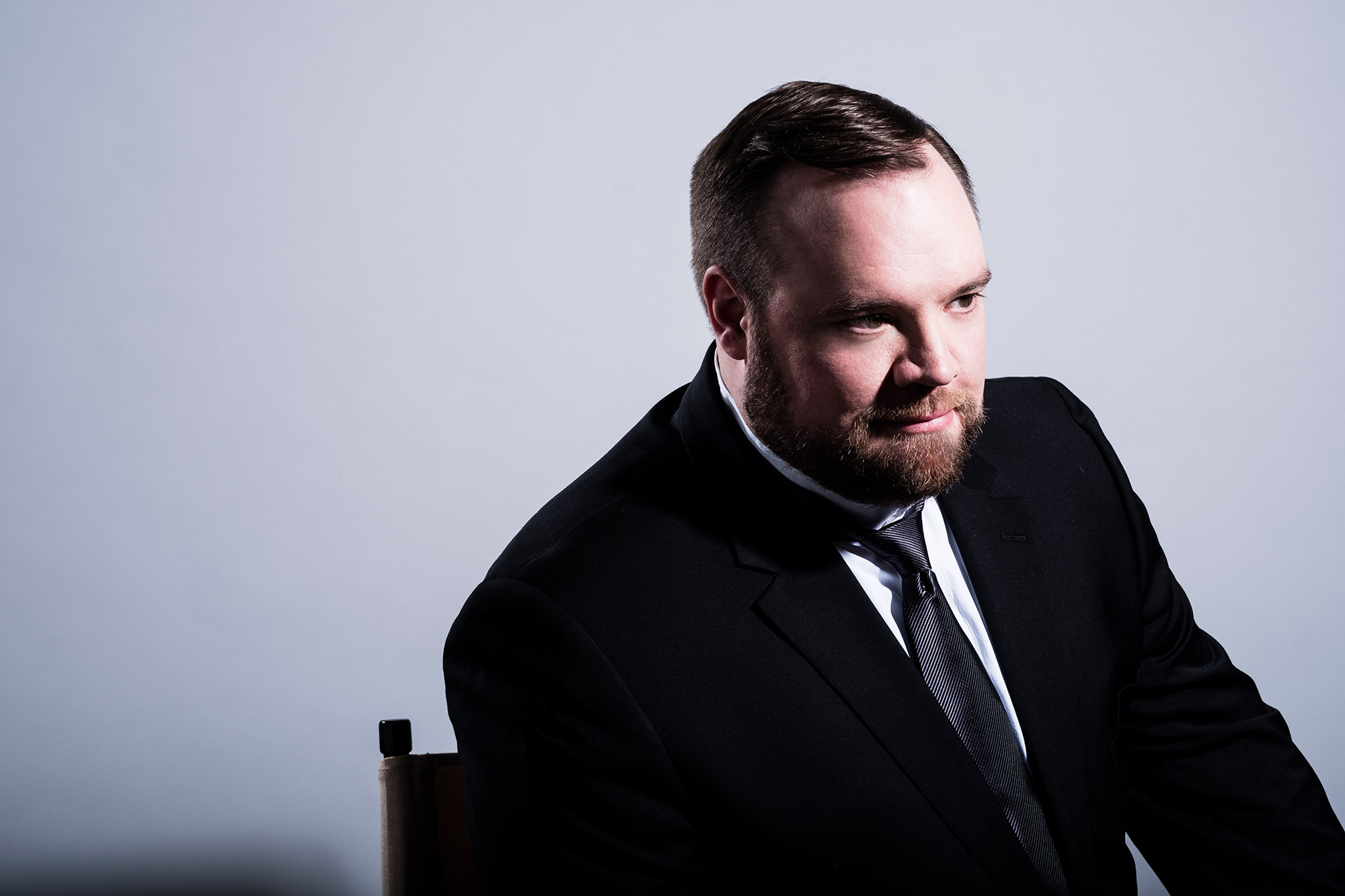Brian Mulligan’s second solo album, Old Fashioned, consists of songs from the early part of the 20th century, made popular through renditions by great American baritones of the past, including Nelson Eddy, John Charles Thomas, Lawrence Tibbett, and Leonard Warren. Released by Bridge Records, the album is currently available for pre-order and will be released worldwide on January 4, 2019.
Mulligan collaborates with acclaimed pianist Craig Rutenberg on the album, creating a thoughtfully curated program to represent a breadth of composers and musical styles, honoring an incredible period of music in America. More information about the album and links to purchase are available via Brian’s Recordings.
Artist statement by Brian Mulligan:
I love the songs on this album. Sadly, you don’t hear them much anymore; they’re usually considered to be “old fashioned.” However, during the first half of the 20th century, most of these songs became incredibly popular, through renditions by some of the greatest American baritones of all time.
Every song is its own distinct entity, and the creation of each song comes with its own story. There are so many brilliant composers and librettists represented on this album, with histories far too rich for me to go into complete detail here. For now, I’d like to share with you the stories of how I discovered several of the songs I’ve selected for this album.
I first encountered the song “On the Road to Mandalay” by Oley Speaks while listening to an album by the magnificent baritone Leonard Warren. I’d been somewhat obsessed with Mr. Warren’s singing for much of my life, and always sought out his recordings of the standard operatic repertoire. It was through listening to his albums that I began to understand what it really means to be an American baritone, and the unique privilege that comes with the territory. Mr. Warren performed the operatic standards, of course, but he also sang popular music, including some of the very same songs found on this album. In programming and recording these songs, perfectly suited to the baritone voice, Mr. Warren proudly celebrated both his nationality and the beautiful, special music coming out of the United States. It was because of Leonard Warren that I learned to embrace my sound, and to celebrate the musical heritage of my home.
I was around 19 years old when I first heard “The Green Eyed Dragon” by Wolseley Charles. I remember thinking it was such a ridiculous song, something way too vintage for a “serious” singer like myself. But my mind was changed a few years later, after hearing a recording by the great baritone John Charles Thomas. It was this irresistible interpretation that gave me the courage to take on the song myself, in all of its tongue-twisty, ludicrous glory. In addition to his many operatic engagements, Mr. Thomas appeared regularly on popular radio shows during the 1930’s and 40’s, often singing this kind of repertoire. These appearances made him an extremely popular singer, and through his spectacular recorded renditions I was introduced to many of the songs on this album, including “Trees,” “There is No Death,” “Sylvia,” and “Bluebird of Happiness.”
“When I Grow Too Old to Dream” was a song I first heard as a child, and it seems like one I have always known. Linda Ronstadt performed the song with the Muppets on The Muppet Show in 1980. Although I was too young to have watched it live, sometime during my childhood I saw the performance and the tune was etched in my mind. The song was written by Sigmund Romberg, with lyrics by none other than Oscar Hammerstein. Many years later, I stumbled upon a rendition by the wonderful American baritone Nelson Eddy, and realized I could sing the song too … but alas, without the Muppets. Mr. Eddy was a prolific performer, a star of the stage and screen, mostly during the 1930’s and 40’s. But it was his radio program, “The Electric Hour,” which inspired me most. That show aired from 1944-46, and through vintage recordings I was introduced to many wonderful songs for baritone voice, including “I Love You Truly,” “A Perfect Day,” and “I’ll See You Again,” which was written by Noël Coward.
Lawrence Tibbett is a name I heard often while I was a student, but whose artistry was mostly unknown to me. A few years ago, I set out to learn more about him, often described as one of the finest American baritones. Tibbett enjoyed an astounding career that spanned over opera, radio, Broadway, and film, even earning him an Academy Award nomination for Best Actor in 1930 for the film The Rogue Song. In 1931, Tibbett starred in The Prodigal, and in that film he sings “Without a Song” by Vincent Youmans. I first heard the song through this rendition, in a clip on YouTube, and immediately knew I had to sing it. It’s truly a joy to perform this music.
When I first thought of creating this album, I immediately hoped I could convince pianist Craig Rutenberg to join me. Craig and I have known each other for years, we worked together at The Metropolitan Opera, where he was the Head of Music. It was there that I learned he possessed something of an encyclopedic brain when it comes to vocal repertoire, and I knew we shared a love for these songs. When we first discussed this project, Craig was thrilled with the songs I had chosen, and he had a few more to add to our list! One that I hadn’t heard of before has turned out to be one of my favorites. “The Trail of the Lonesome Pine,” written by Harry Carroll, became popular in 1937 through the film Way Out West, featuring Stan Laurel and Oliver Hardy.
A clip of their fantastic performance can be viewed on YouTube. It’s so adorable that I knew I wanted it on this record. I’m not sure which of us is Laurel and which is Hardy, but that’s Craig shouting out “Oh June!” in the background of the song.
Each song really does come with its own story of how it came into my life, and I’ve only shared a handful of the stories from this album! I embarked on this project with the hope of introducing these wonderful songs to emerging audiences, and to breathe new life into them for those of you who are already familiar with the tunes. This album is also meant to be a dedication to the incredible American baritones that have greatly inspired me, and who introduced me to this music. Now, perhaps this album will become a part of your story of discovering these old fashioned songs. I hope you will love them as much as I do!
